This article was written using research sourced from the following scientific papers:
(1) Guerreiro, Joana F. et al., Biochar supplementation affects the microbiome of recycled manure solids for cow bedding: a metagenomic analysis, Journal of Dairy Science. Link here >
(2) Baitong Chen et al., The potential role of biochar in mitigating gaseous emissions from livestock waste – A mini-review, Journal of Environmental Management. Link here >
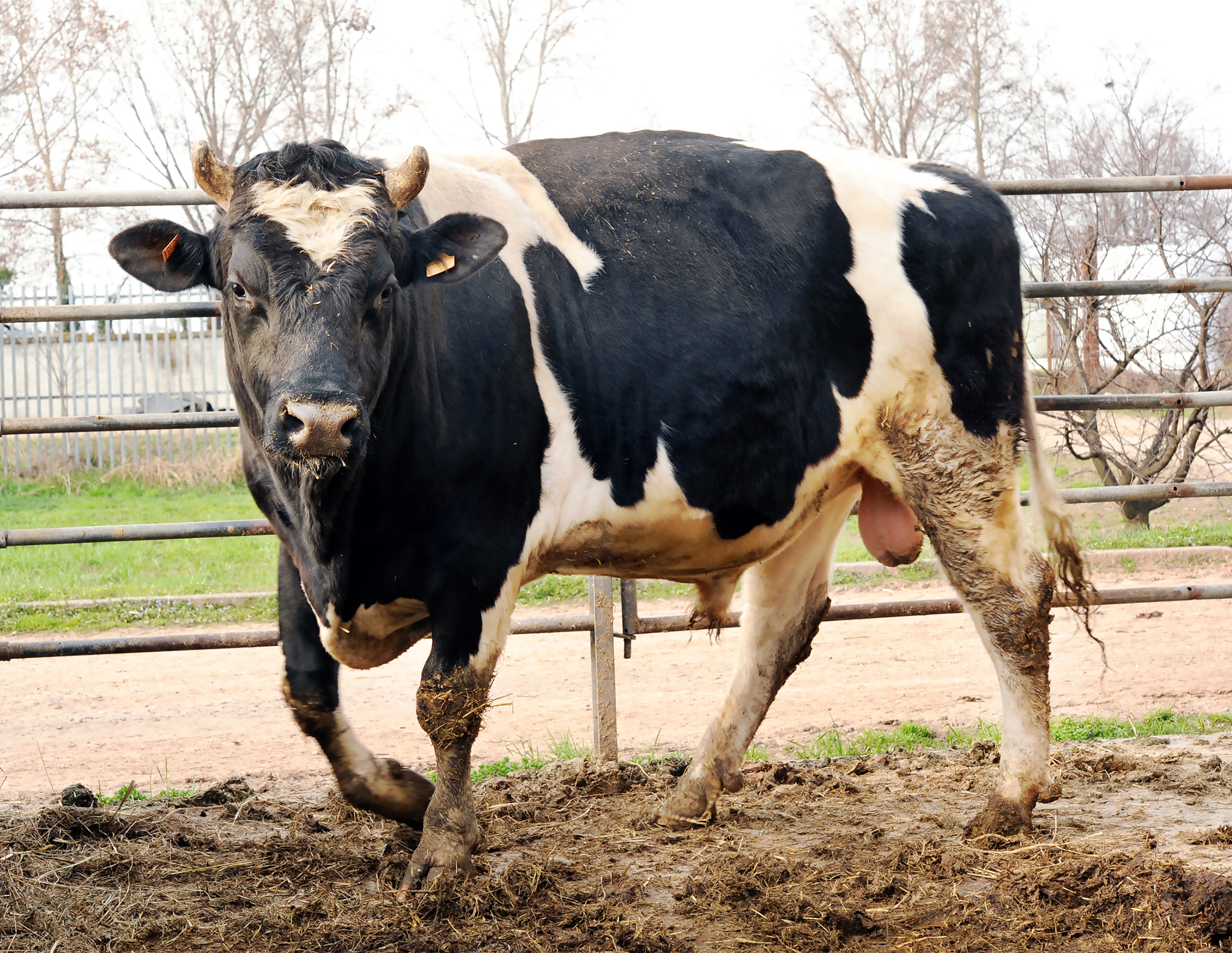
RMS Bedding – From Waste to Wellness
The use of Recycled Manure Solids (RMS) as bedding material for dairy cows is becoming increasingly popular due to its cost-effectiveness and contribution towards environmental sustainability. RMS can, however, in some situations serve as a means for pathogenic and antimicrobial-resistant bacteria spread, posing risks to both animal and human health. To address these concerns, researchers have explored the supplementation of RMS with pine-based biochar, a carbon-rich material known for its ability to alter microbial communities and absorb harmful substances.
Research into biochar’s ability to reduce disease in bedding is ongoing. In the Journal of Dairy Science, Joana F. Guerreiro suggests that biochar is able to reduce a number of mastitis-causing bacteria and salmonella spp. in biochar-enhanced RMS bedding, as seen in the chart below.
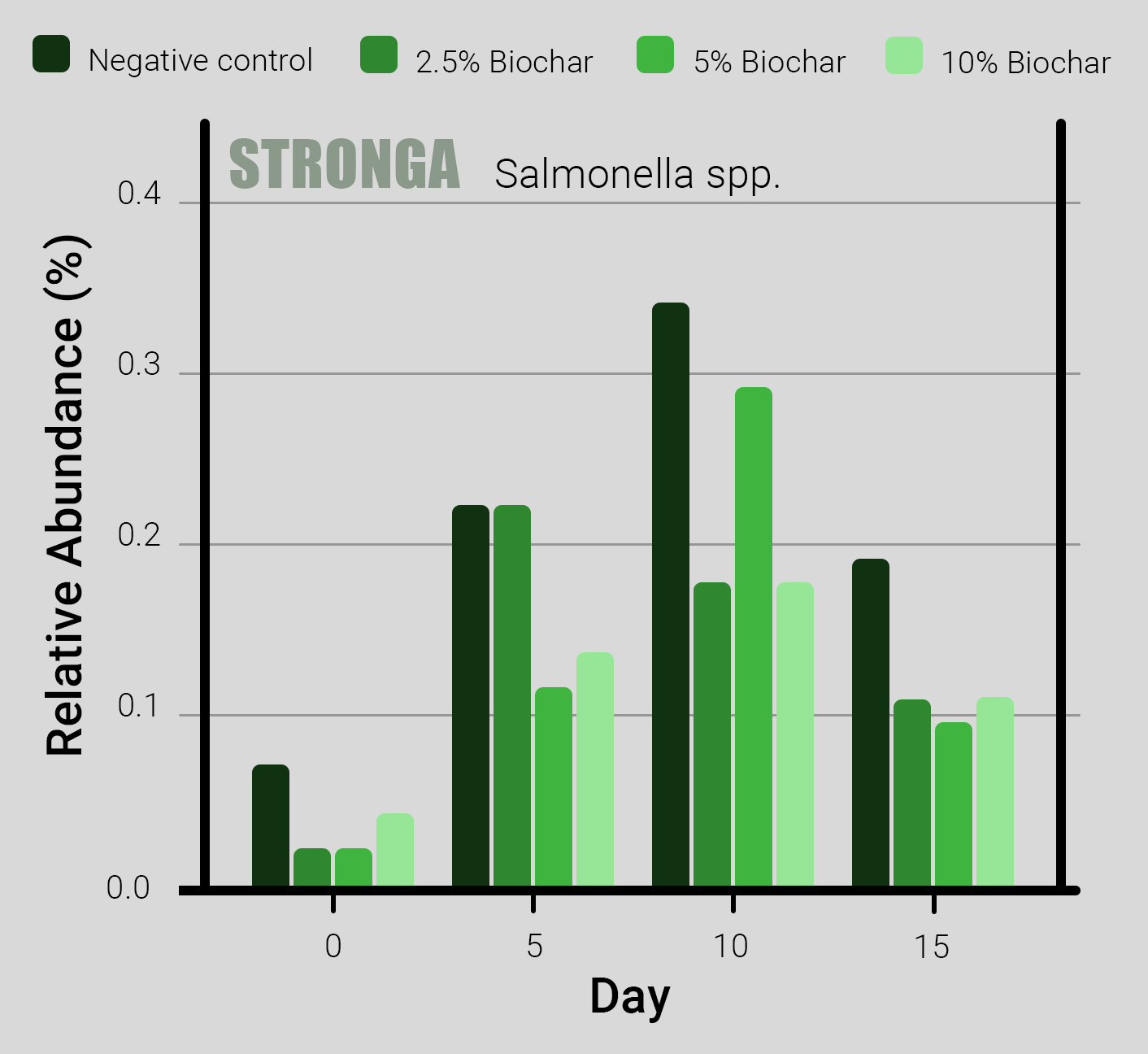
Moisture Removal Enhances Bedding in <b>ALL</b> Areas
Removing moisture from animal bedding is essential for excellent cattle welfare. Stronga offer well-proven continuous flow solutions for drying manures and other bulk solids, offering the following benefits:
1) Drying enhances sanitation on the farm.
2) Drying enhances absorption capacity and reduces ‘caking’.
3) Drying stabilises manures, allowing for long-term storage potential.
4) Drying reduces atmospheric odour associated with moisture-ridden manure bedding.
5) Learn more about drying digestate fibre for animal bedding on stronga.com >
When biochar, a carbon-rich additive is applied to dry RMS bedding, it is capable of enhancing the above benefits even further. To produce premium biochar, the input feedstock must be dried to a suitable moisture content level prior to pyrolysis. That’s where Stronga come in…
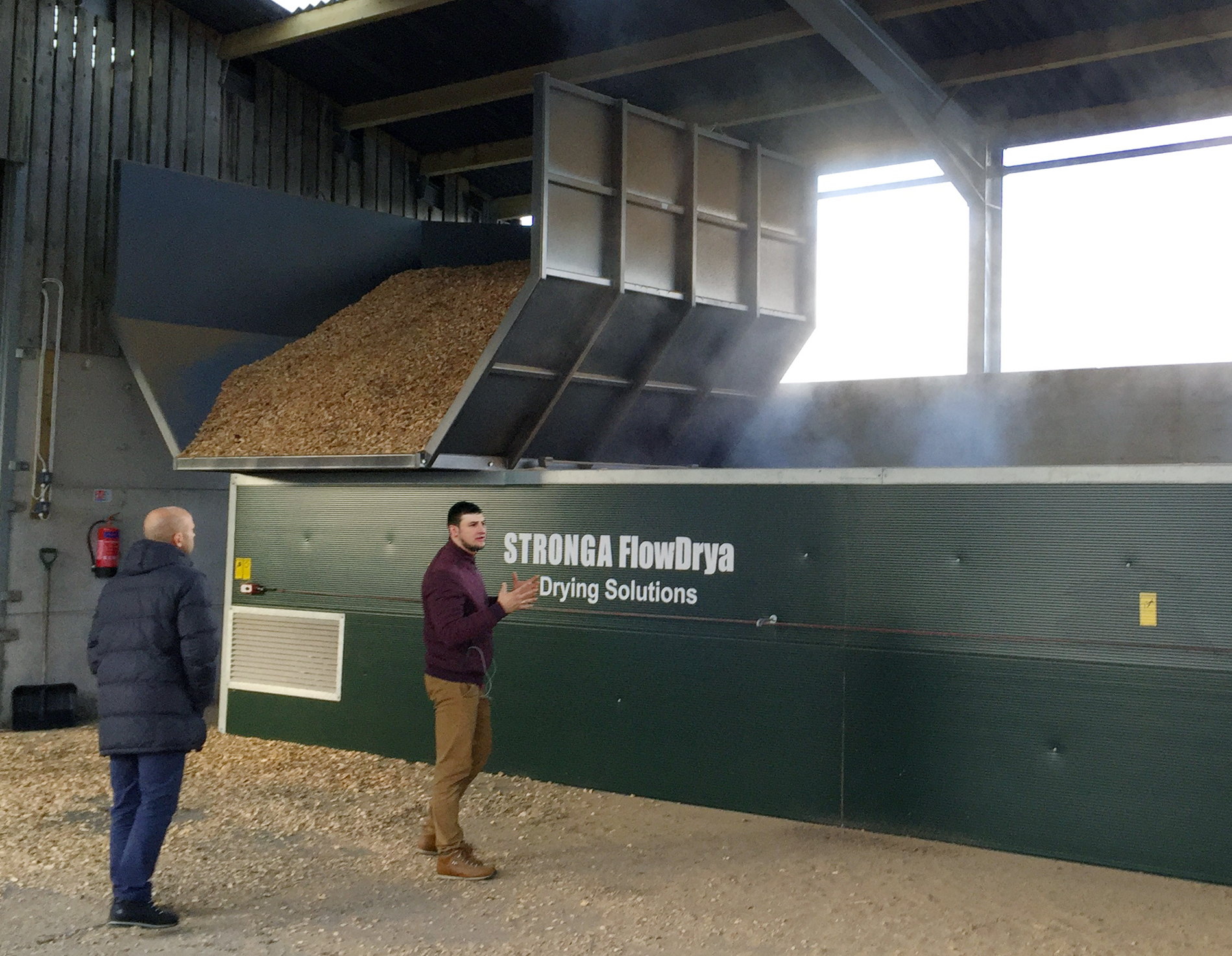
Pre-Pyrolysis-Drying with FlowDrya
Using FlowDrya equipment prior to pyrolysis enables biochar producers to deliver a premium-level product. With higher quality biochar comes more added value.
1) Reduced VOC emissions as a result of more complete combustion; with less thermal stresses.
2) Less risk of boiler issues and/or ignition faults.
3) Enhanced calorific energy of biochar with less energy wasted during the pyrolysis process.
4) Reduced ash emissions during pyrolysis.
5) Higher combustion quality during pyrolysis with higher porosity values, surface area and bacteria adsorption capabilities.
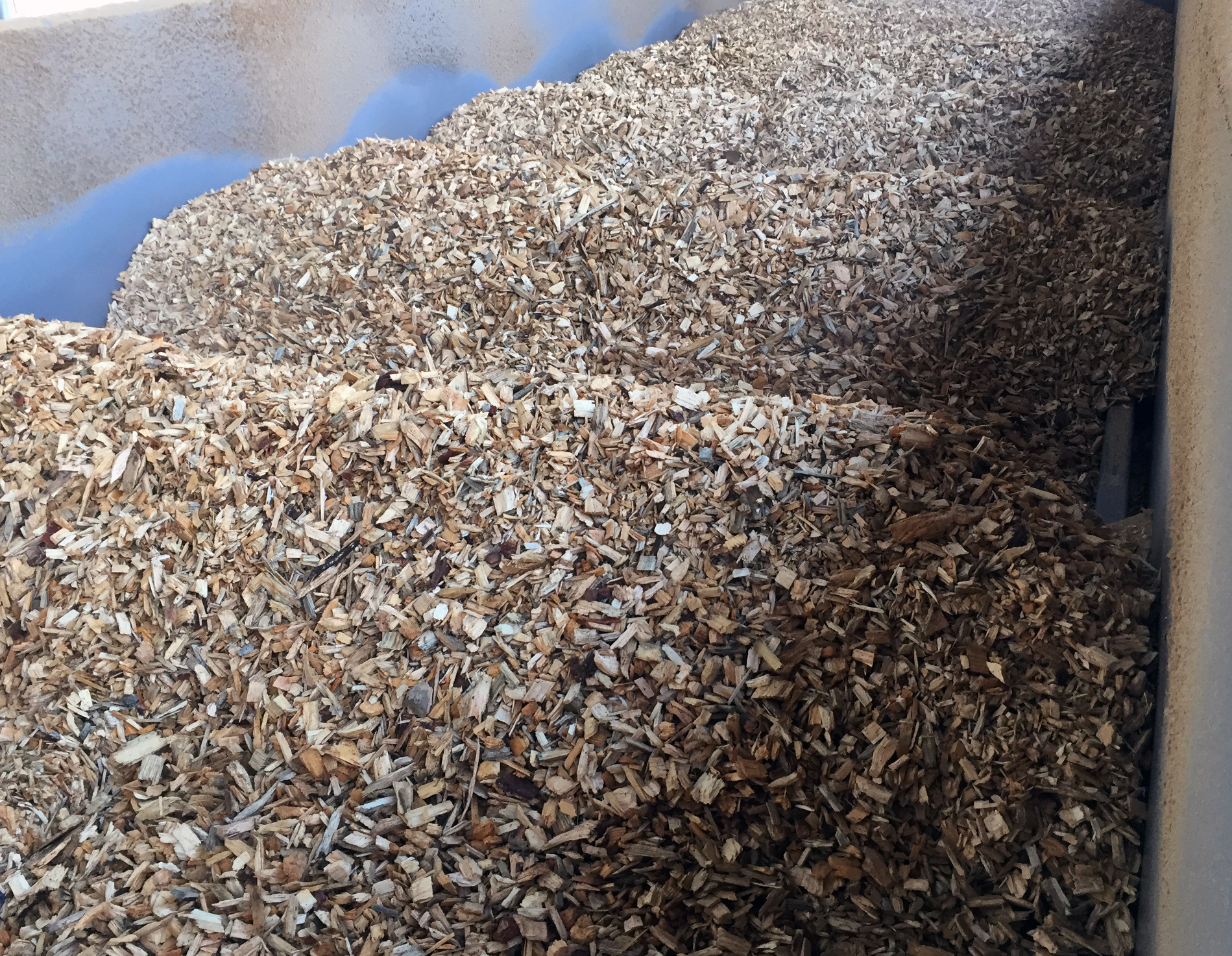
Biochar-Bedding Benefits
Research by Guerreiro suggests that pine biochar has the potential to reduce the impact of bacterial species including; streptococci, enterococci and staphylococci, when combined with RMS bedding. The research found that biochar could change the microbiome in RMS and reduce the quantity of pathogenic, mastitis bacteria.
Using bedding samples supplemented with biochar percentages of 2.5, 5 and 10% and incubation periods of 0, 5, 15 and 30 days, Guerreiro concluded that 30-day periods were usually the most effective incubation periods. The research also indicates that 2.5% and 5% biochar supplementation was significant in reducing bacterial causing mastitis, zootonic and gastrointestinal infections.
With its porous qualities, biochar was able to mitigate the effects of microbial populations, namely Salmonella and E-coli bacteria, harmful to cattle and human health. The chart below highlights the reduction in relative abundance of harmful, ‘staphylococcus spp.’ bacteria over a 15-day test period, aligning with Guerriero’s theory that biochar reduces ‘the diversity of the microbial populations’.
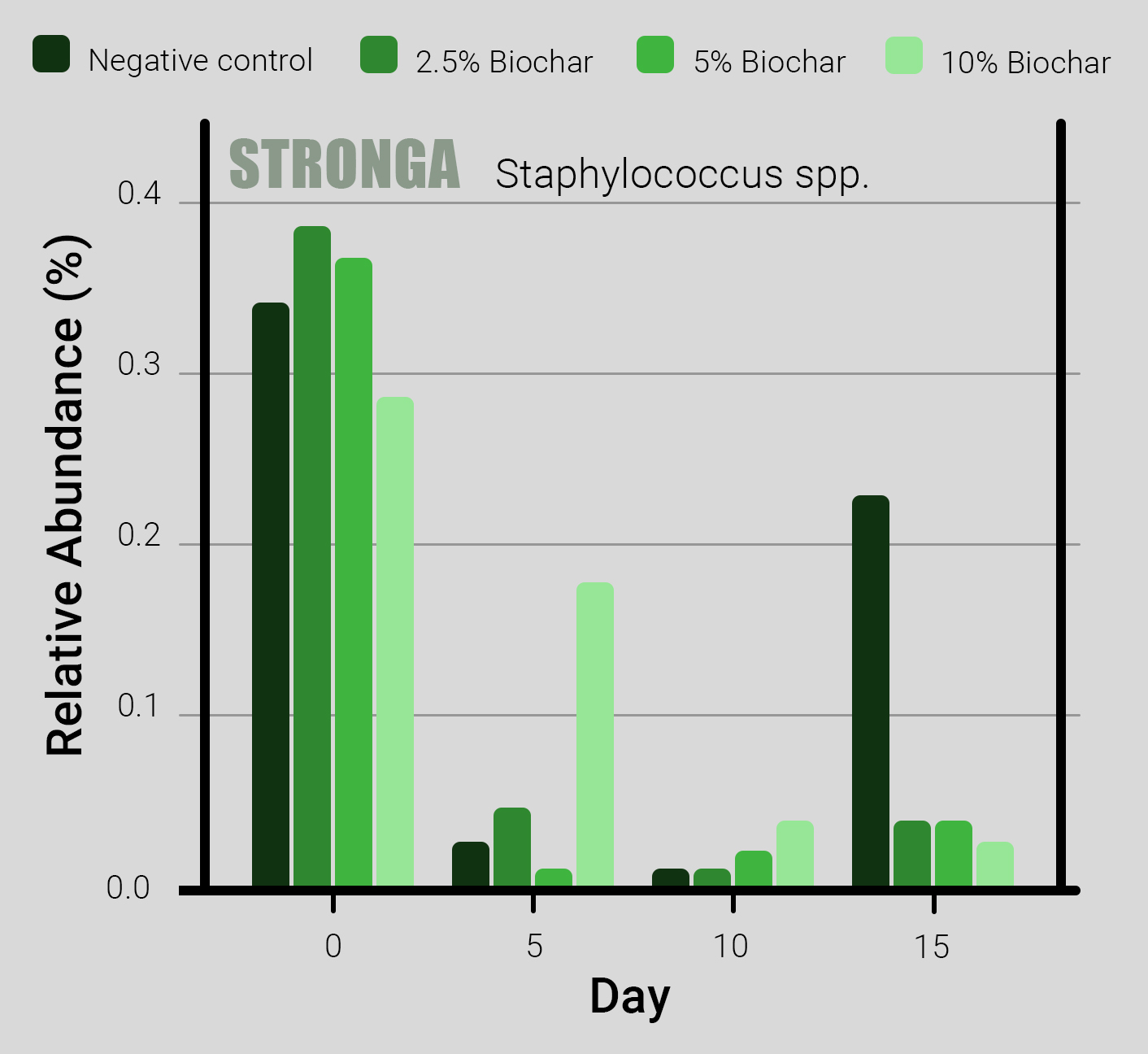
In addition to the bacteria-reducing qualities, research carried out by Baitong Chen in the Journal of Environmental Management, highlights the importance of biochar in reducing ‘odorous volatile organic compounds’, ammonia and hydrogen sulphide emissions from manure.
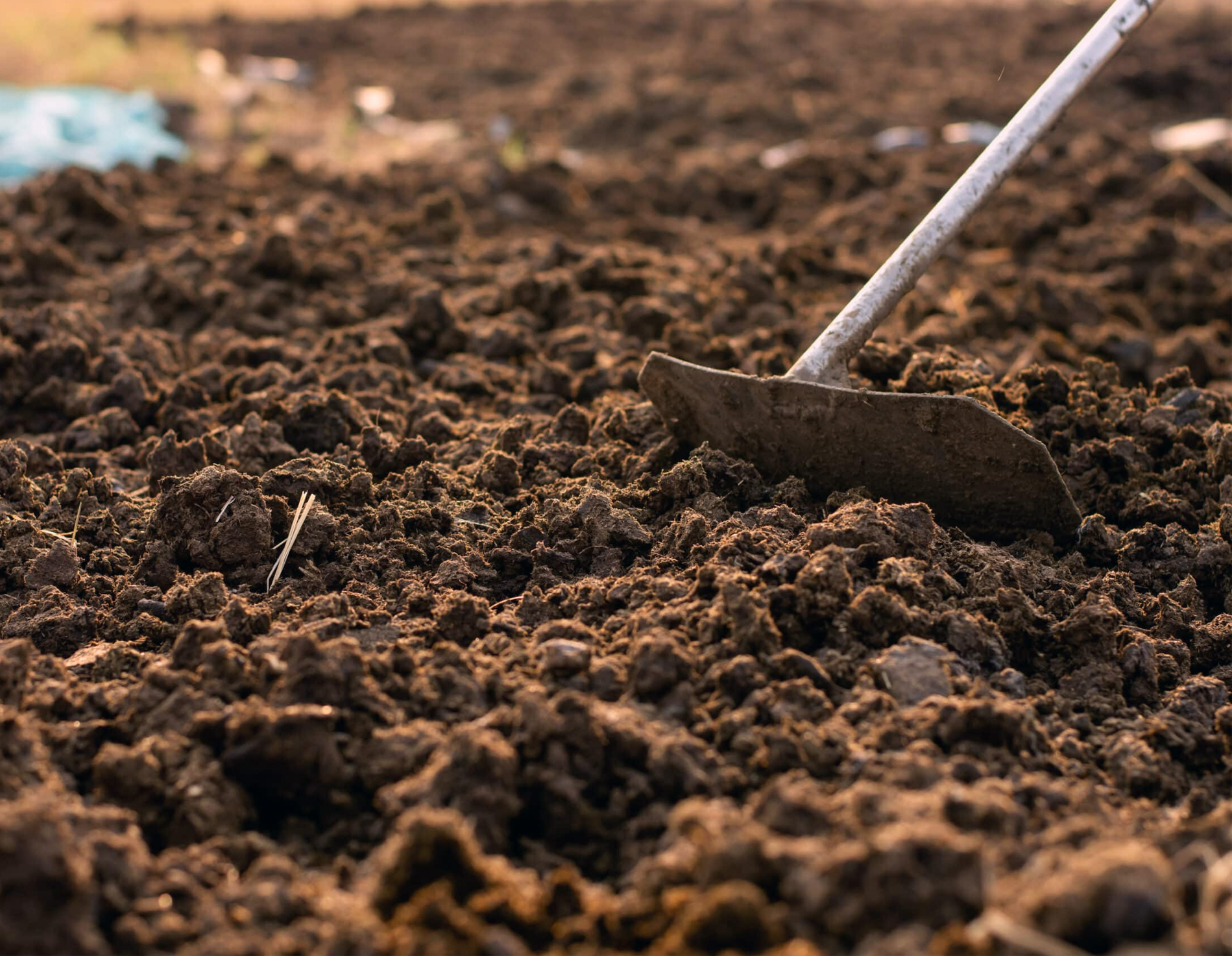
A Masterpiece in Moisture Removal
Biochar is proving transformative in the industry; not only reducing disease-producing bacteria and emissions caused by RMS, but by actively providing a sustainable, circular ‘recycling’ opportunity for use in animal bedding.
The use of RMS bedding and the production of biochar would not be possible without a pre-drying process. FlowDrya’s key role in biochar production has the ability to have a profound effect on animal health – especially because of the extended periods of contact between animals and their bedding. Reducing the harmful bacteria present can reduce the cause of infectious diseases.
Speak to our team today to learn more about the role of FlowDrya in your project – info@stronga.co.uk
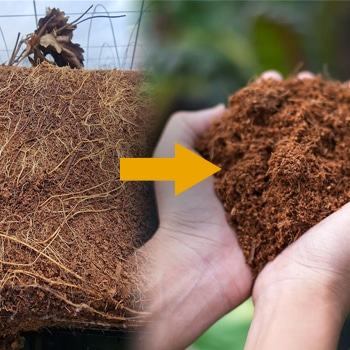

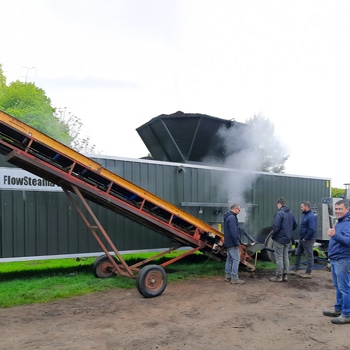
Share this post